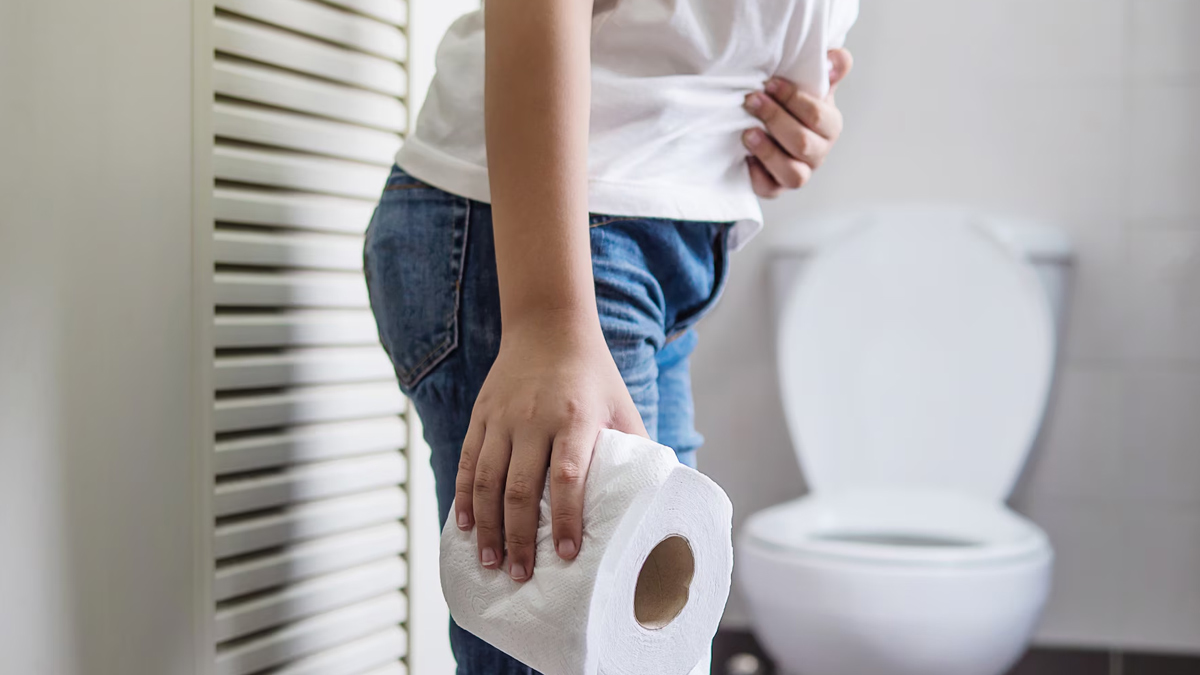
When it comes to health, embarrassment should never be a barrier to seeking treatment. However, certain anorectal conditions often go unreported, leading to prolonged discomfort and, in some cases, serious complications.
Table of Content:-
To understand more about embarrassing health conditions that often go untreated, OnlyMyHealth team spoke to Dr Vilas Kedar, M S AYU, Proctologist and Anorectal Surgeon, Santacruz, Mumbai. According to him, many patients delay medical intervention due to stigma, only to regret not addressing their symptoms sooner.
Here’s a look at seven common yet neglected conditions that deserve prompt attention.
1. Anal Fissures
Anal fissures are small tears in the lining of the anal canal that cause intense pain and minor bleeding during bowel movements. Many mistake them for haemorrhoids or dismiss them as a temporary issue. However, if left untreated, chronic fissures can develop scar tissue, making healing more difficult.
"Many patients ignore anal fissures, assuming they will heal on their own. Unfortunately, without proper treatment, they may lead to complications like perianal abscesses and fistulas. Early intervention with stool softeners, topical medications, and proper hygiene can prevent the need for surgical procedures," says Dr Kedar.
2. Haemorrhoids

Also known as piles, haemorrhoids are swollen veins in and around the anus and lower rectum. They cause symptoms like itching, discomfort, and rectal bleeding. While mild cases may resolve with dietary changes and topical treatments, chronic haemorrhoids can worsen over time, progressing from grade 1 to grade 4, leading to severe pain and prolapse.
"Many patients endure rectal bleeding for months or even years, assuming it is normal. Beyond the discomfort, untreated haemorrhoids can lead to anaemia due to chronic blood loss. Modern and Ayurvedic treatments are quick, minimally invasive, and often performed in-office with minimal recovery time. Don't wait until sitting becomes unbearable," advises Dr Kedar.
Also read: How NOT To Confuse Haemorrhoids For Colon Cancer And Vice Versa
3. Fecal Incontinence
The inability to control bowel movements, including accidental gas or stool leakage, is more common than people realise. It affects nearly 8% of adults, but due to the stigma, many avoid discussing it with healthcare professionals. Instead, they resort to wearing protective undergarments or limiting social activities.
Fortunately, several effective treatments exist, including pelvic floor therapy, dietary changes, medications, and minimally invasive procedures. Seeking medical help can restore confidence and improve quality of life.
4. Perianal Abscess and Fistulas
A perianal abscess is a painful collection of pus near the anus, often caused by an infected anal gland. If neglected, it can form a fistula, an abnormal tunnel between the anal canal and the skin. This leads to persistent drainage, pain, and infections.
"Many patients delay treatment due to embarrassment, but this can result in more extensive tissue damage and complex surgical repairs. Seeking early medical help improves outcomes significantly," warns Dr Kedar.

5. Pilonidal Disease
This condition commonly affects young men and occurs when hair follicles get embedded in the skin near the tailbone, leading to cysts or abscesses. These cysts can cause recurrent infections, swelling, and severe pain.
Despite its impact on daily life, many patients endure repeated flare-ups without seeking proper treatment. Unfortunately, delaying care only increases the likelihood of requiring more invasive surgical intervention later on.
6. Rectal Prolapse
Rectal prolapse occurs when part of the rectum protrudes through the anus, often requiring manual repositioning. This progressive condition does not improve on its own and can lead to worsening bowel control.
"Many patients attempt to manage rectal prolapse at home instead of consulting a specialist. However, without proper treatment, it rarely resolves on its own. Several effective surgical options are available, offering high success rates when addressed promptly," explains Dr Kedar.
Breaking the Stigma Around Anorectal Health
According to Dr Kedar, many patients suffer in silence for months or years before finally seeing a doctor. However, once they receive the right diagnosis and treatment, they often express regret at not seeking help sooner.
"As a proctologist, I’ve seen countless cases where patients delay treatment out of embarrassment. But colorectal specialists have dedicated their careers to treating these conditions without judgment. An examination is the crucial first step toward resolving these problems and restoring quality of life," he emphasises.
If you or someone you know is experiencing symptoms related to any of these conditions, don’t let stigma stand in the way of relief. Seeking early medical advice can prevent complications and significantly improve comfort, health, and confidence.
Also watch this video
How we keep this article up to date:
We work with experts and keep a close eye on the latest in health and wellness. Whenever there is a new research or helpful information, we update our articles with accurate and useful advice.
Current Version
